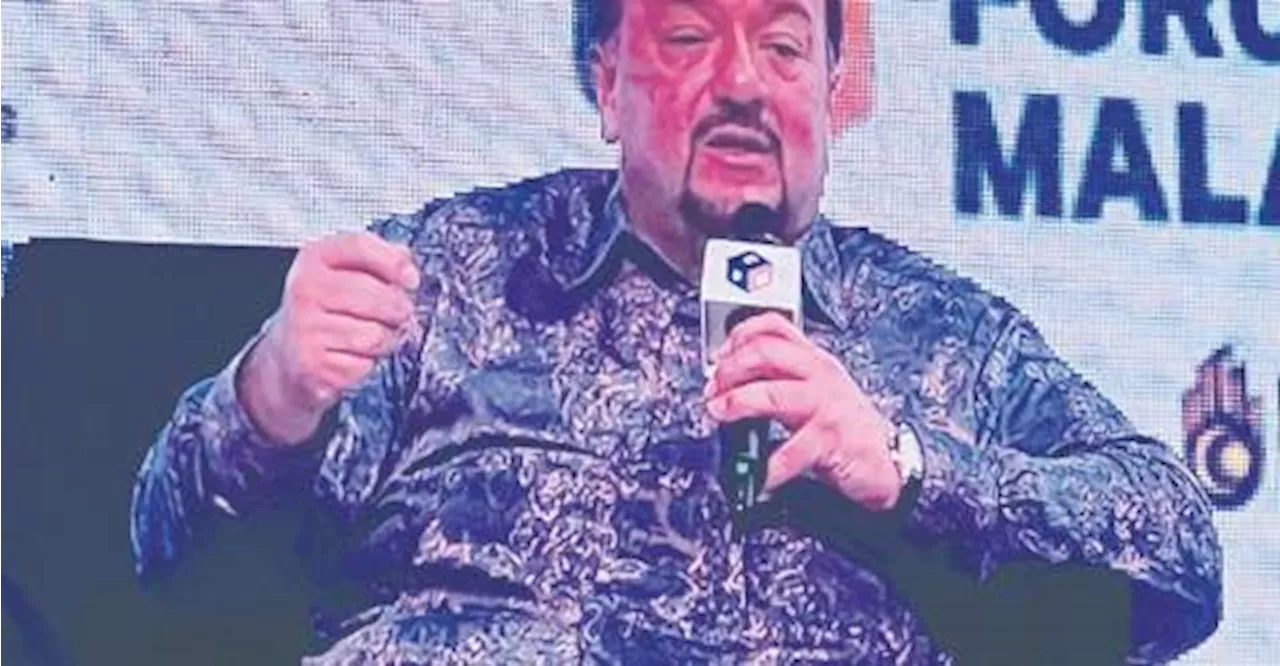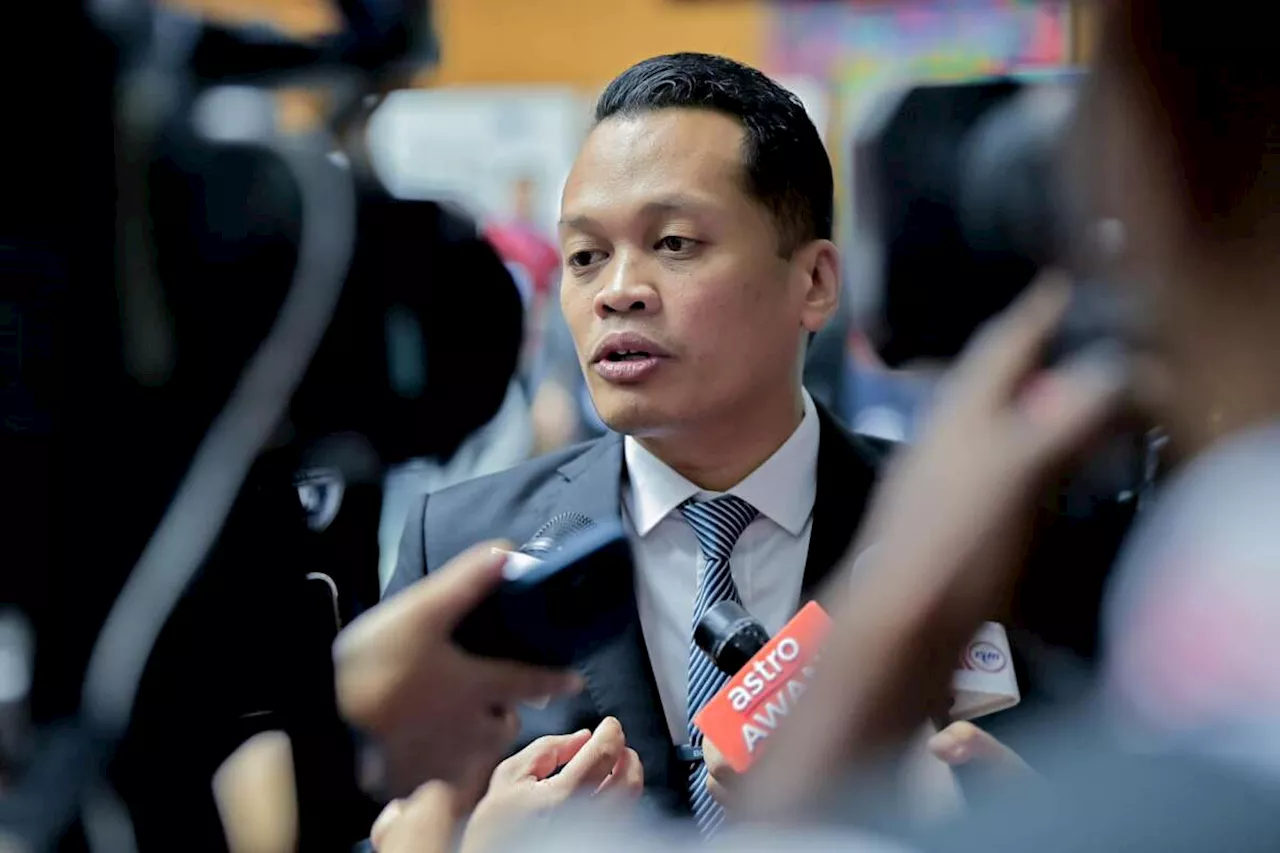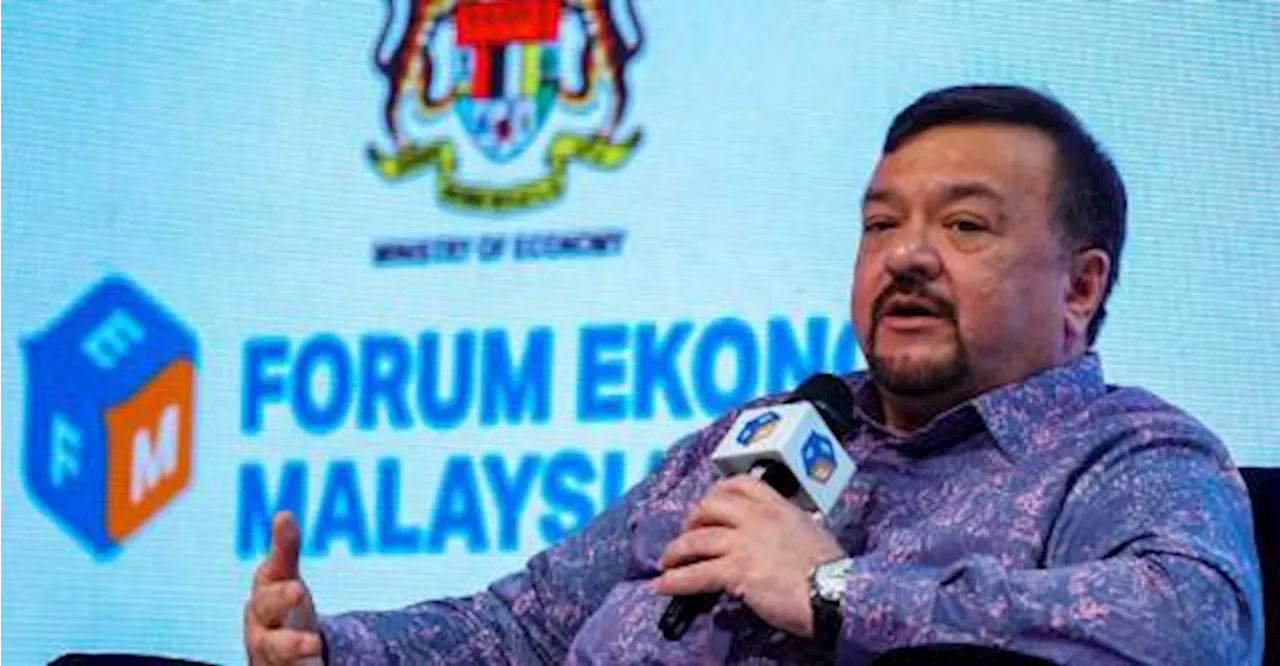Malaysia is set to abolish its blanket fuel subsidies by mid-2025, aiming to replace them with targeted subsidies. This change is expected to impact Malaysian consumption habits, prompting a shift towards fuel efficiency and alternatives like hybrid vehicles. The article explores the rationale behind this move, emphasizing Malaysia's high fuel consumption rates and depleting oil reserves. It also discusses the pros and cons of hybrids versus fully electric vehicles (EVs) in the Malaysian context, considering our current energy mix and infrastructure.
Malaysians are very excessive in our use of resources, and we’re not talking about the 16,720 tonnes of food being thrown away, daily, or the fact that we have the highest consumption of water per capita in the region. At this channel, we talk about fuel, where decades of subsidised petrol means that Malaysians ‘can afford’ to be wasteful.
For those who say that we’re an oil producing nation and cheap petrol is our right, well, our current RON 95 price is lower than Saudi Arabia’s. In any case, Malaysia’s oil reserves are depleting at a fast rate – economy minister Rafizi Ramli recently said that oil and gas extraction in Peninsular Malaysia hasWhat’s for certain is that we need to reduce our dependence on fuel, which means using less of this finite energy source.
Toyota Malaysia says that HEVs are the “most accessible and realistic choice for Malaysian customers in terms of practicality and infrastructure. It’s the most economical and practical solution for mass market production and sale in terms of reduced CO2 emissions, practical usage and price acceptance by customers”.
But surely EVs are cleaner than hybrids, which still burn fossil fuel? Clearly so, if you only take into account emissions from the ICE car’s tailpipes . According to Toyota Malaysia, both HEVs and EVs produce similar amounts of carbon dioxide in a car’s full life cycle, which takes into account vehicle production, energy generation and ownership over a 10-year period.
Economy FUEL_SUBSIDIES HYBRIDS ELECTRIC_VEHICLES ENERGY_EFFICIENCY CLIMATE_CHANGE
Malaysia Latest News, Malaysia Headlines
Similar News:You can also read news stories similar to this one that we have collected from other news sources.
 Malaysia Extends Targeted Subsidy Program to RON95 FuelMalaysia's government plans to implement a two-tier system for RON95 fuel subsidies, offering targeted assistance to those in need while allowing others to pay market prices. This follows the successful implementation of targeted diesel subsidies, which are projected to save up to RM7.5 billion annually.
Malaysia Extends Targeted Subsidy Program to RON95 FuelMalaysia's government plans to implement a two-tier system for RON95 fuel subsidies, offering targeted assistance to those in need while allowing others to pay market prices. This follows the successful implementation of targeted diesel subsidies, which are projected to save up to RM7.5 billion annually.
Read more »
 Malaysia's Targeted Fuel Subsidy Aims to Boost Renewable Energy AdoptionMalaysia's government hopes to encourage a shift towards renewable energy by implementing targeted fuel subsidies. The initiative aims to make fossil fuels less appealing and incentivize Malaysians to explore alternatives like electric vehicles. Minister Nik Nazmi Nik Ahmad believes this will significantly contribute to the country's decarbonization efforts. He acknowledges the political challenges associated with such a change, citing the backlash London Mayor Sadiq Khan faced after expanding congestion charges.
Malaysia's Targeted Fuel Subsidy Aims to Boost Renewable Energy AdoptionMalaysia's government hopes to encourage a shift towards renewable energy by implementing targeted fuel subsidies. The initiative aims to make fossil fuels less appealing and incentivize Malaysians to explore alternatives like electric vehicles. Minister Nik Nazmi Nik Ahmad believes this will significantly contribute to the country's decarbonization efforts. He acknowledges the political challenges associated with such a change, citing the backlash London Mayor Sadiq Khan faced after expanding congestion charges.
Read more »
 Malaysia's Diesel Subsidy Removal Cripples Petrol Station OperatorsThe removal of diesel fuel subsidies in Peninsular Malaysia is causing severe economic hardship for petrol station operators. 98% of stations are reporting losses, forcing many to rely on convenience stores for revenue. This trend threatens higher unemployment, reduced government income from taxes, and disruption to local economies.
Malaysia's Diesel Subsidy Removal Cripples Petrol Station OperatorsThe removal of diesel fuel subsidies in Peninsular Malaysia is causing severe economic hardship for petrol station operators. 98% of stations are reporting losses, forcing many to rely on convenience stores for revenue. This trend threatens higher unemployment, reduced government income from taxes, and disruption to local economies.
Read more »
 Malaysia Expects Diesel Subsidy Rationalization to Save RM7.2 Billion AnnuallyMalaysia's Finance Minister II, Datuk Seri Amir Hamzah Azizan, announced that the rationalization of diesel subsidies is projected to save the government between RM7.2 billion and RM7.5 billion annually, a significant increase from the previously estimated RM4 billion. This comes after the successful implementation of the diesel subsidy rationalization program, which has resulted in monthly savings of up to RM600 million.
Malaysia Expects Diesel Subsidy Rationalization to Save RM7.2 Billion AnnuallyMalaysia's Finance Minister II, Datuk Seri Amir Hamzah Azizan, announced that the rationalization of diesel subsidies is projected to save the government between RM7.2 billion and RM7.5 billion annually, a significant increase from the previously estimated RM4 billion. This comes after the successful implementation of the diesel subsidy rationalization program, which has resulted in monthly savings of up to RM600 million.
Read more »
 Malaysia's Targeted Diesel Subsidy Saves More Than ExpectedThe targeted diesel subsidy program implemented in Malaysia is exceeding initial expectations, saving the government more than projected. The program is also being studied as a model for the future implementation of targeted subsidies for RON95 petrol.
Malaysia's Targeted Diesel Subsidy Saves More Than ExpectedThe targeted diesel subsidy program implemented in Malaysia is exceeding initial expectations, saving the government more than projected. The program is also being studied as a model for the future implementation of targeted subsidies for RON95 petrol.
Read more »
 Malaysian Petrol Stations Face Economic Crisis Due to Diesel Subsidy CutsDiesel subsidy rationalization in Peninsular Malaysia is causing financial hardship for petrol station operators, leading to losses, potential job cuts, and disruptions to local economies.
Malaysian Petrol Stations Face Economic Crisis Due to Diesel Subsidy CutsDiesel subsidy rationalization in Peninsular Malaysia is causing financial hardship for petrol station operators, leading to losses, potential job cuts, and disruptions to local economies.
Read more »
